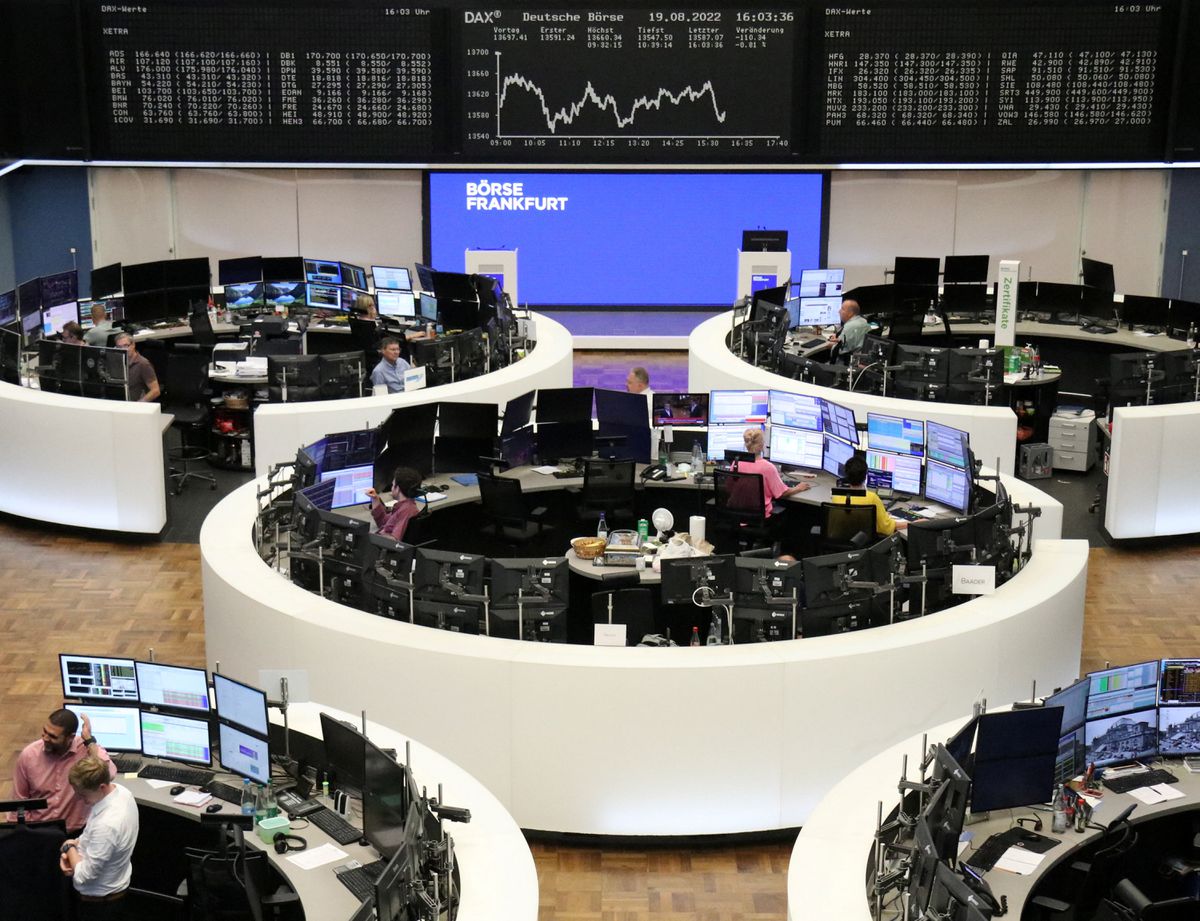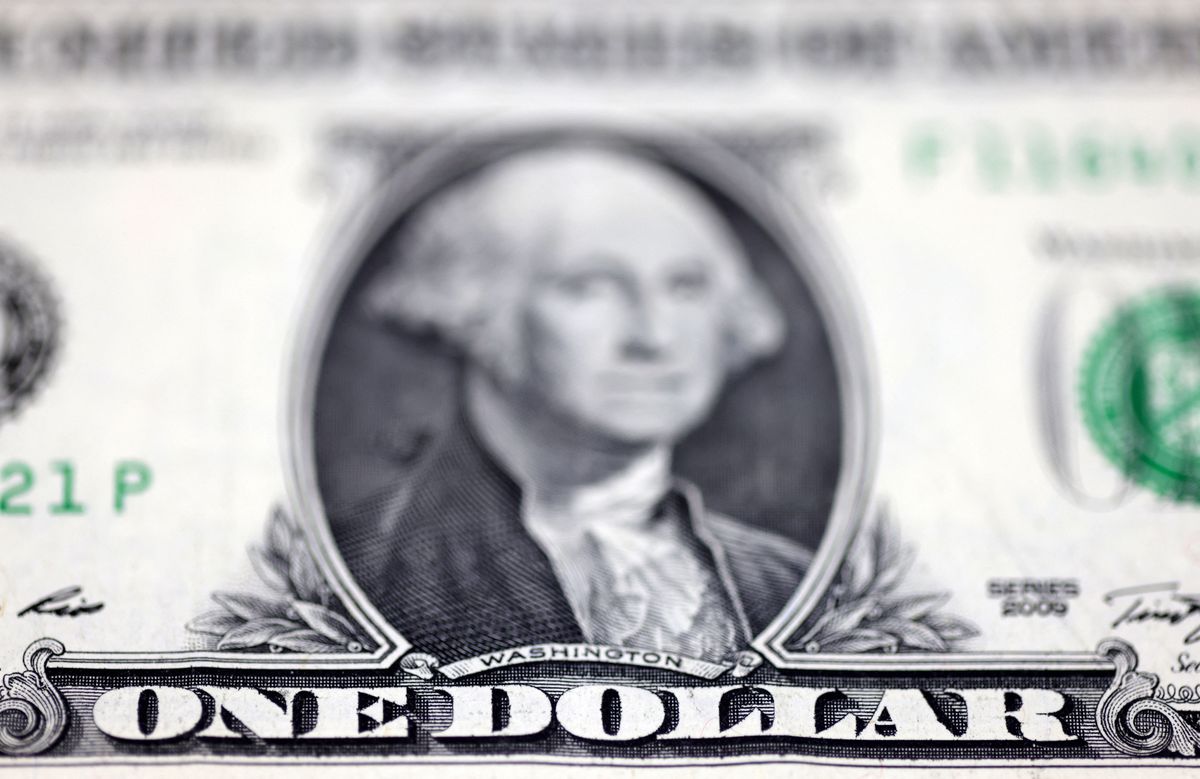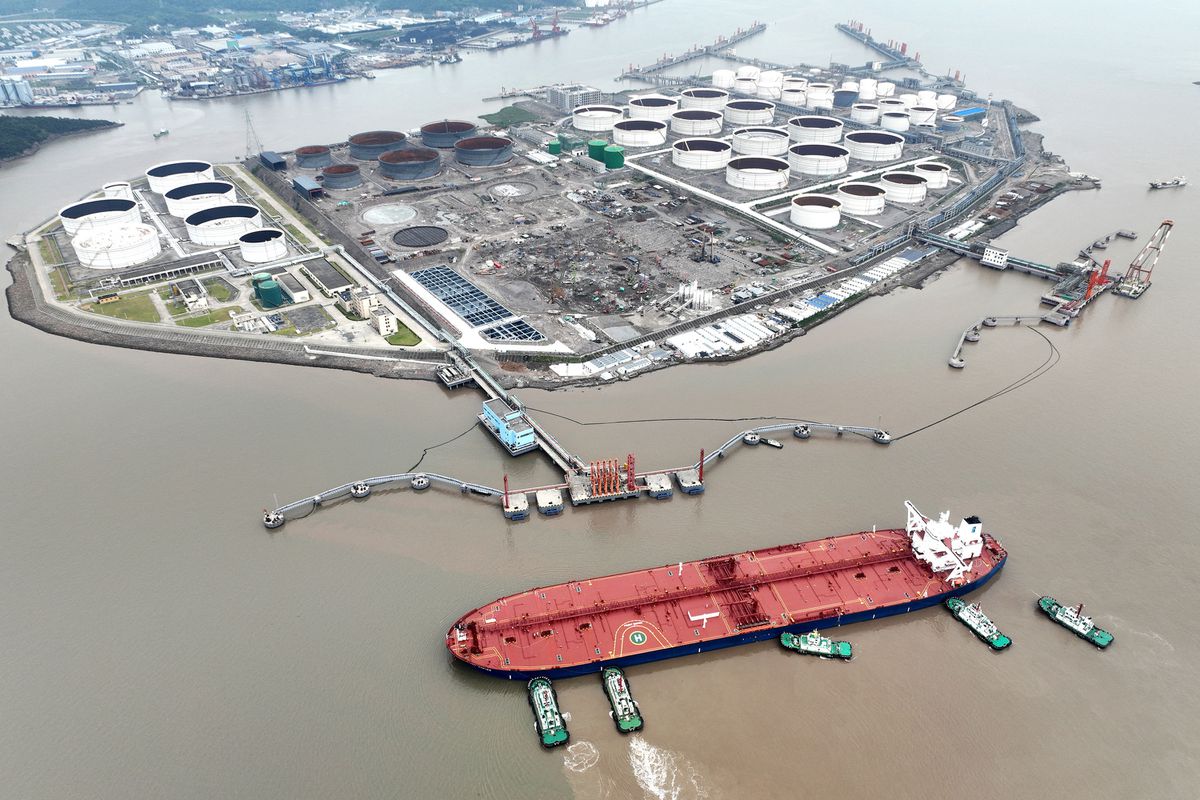WORLDWIDE: HEADLINES
How The Ukraine-Russia War Rattled Global Financial Markets

Over six months since Russia invaded Ukraine in what Moscow calls its “special military operation” thousands have been killed, millions made homeless and the world has seen the worst East-West tensions since the Cold War.
It has also thrown global financial markets into severe turmoil as the charts below show.
1/RECESSION FEARS
Recessions now look almost certain in Europe as prices of gas, critical for households and industry, more than trebled since June alone on fears Russia will cut off its supplies, possibly leading to energy rationing in some economies.
Yet the European Central Bank, the Bank of England and other central banks are determined to crush the inflation spiralling energy costs are fuelling, even if higher interest rates are bound to further squeeze households and companies struggling with rising costs.
Full coverage: REUTERS
Australia’s Coles Flags Higher Costs As Inflation Bites

Coles Group (COL.AX) on Wednesday forecast higher costs for fiscal 2023, as inflationary pressures continue to impact operations, and added that the COVID-19 pandemic and flu season have contributed to increased team member absenteeism costs.
Retailers globally have warned that rising energy, fuel and ingredient costs will continue to reflect in higher price tags as they strive to protect their margins, even as shoppers switch to lower-priced goods amid a cost-of-living squeeze.
The Melbourne-based retailer said capital expenditure is expected to be between A$1.2 billion ($829.32 million) and A$1.4 billion in fiscal 2023, compared with a net capex of A$1.14 billion this year.
The cost of doing business as a percentage of sales increased by 50 basis points to 21.4% in 2022 due to higher fuel costs and underlying cost inflation, Coles said.
Full coverage: REUTERS
WORLDWIDE: HEADLINES
Hawkish Fed Comments Knock Stocks, Help Dollar

Asian stock markets slipped for an eighth straight session on Wednesday, and the dollar loomed large as fresh hawkish comments from a Federal Reserve official kept investors cautious ahead of this week’s Jackson Hole symposium.
Minneapolis Federal Reserve Bank President Neel Kashkari was the latest official to reiterate the Fed’s focus on controlling inflation ahead of all else, and said on Tuesday his biggest fear was underestimating the extent of price pressures.
MSCI’s index of Asian shares outside Japan (.MIAPJ0000PUS) fell 0.2% in morning trade, on track for the index’s eight successive daily drop, if sustained. Japan’s Nikkei (.N225) fell 0.6%.
Wall Street steadied overnight after two days of heavy losses, as soft U.S. data tempered rate-hike worries. The data also eased pressure on short-dated U.S. Treasuries.
Full coverage: REUTERS
Dollar Pauses For Breath Ahead Of Jackson Hole

The U.S. dollar steadied just below recent peaks on Wednesday, as investors waited to hear from the Federal Reserve and pondered whether weak U.S. data may slow the pace of rate hikes.
Disappointing U.S. services and manufacturing surveys released overnight and a plunge in new home sales last month knocked the greenback from a 20-year high on the euro, though not particularly hard as growth concerns are deeper in Europe.
The euro briefly bought $1 in New York trade, but by the Asia morning it was under pressure at $0.9958 – barely above Tuesday’s low of $0.99005. The yen also gave back some overnight gains to hover around 136.85 per dollar.
The U.S. S&P Global flash composite PMI for August dropped to 45 – the lowest since May 2020 and in contractionary territory for a second straight month, while new home sales hit a 6-1/2 year low.
Full coverage: REUTERS
Oil Prices Fall As Fears Of Imminent OPEC+ Output Cut Recede

Oil prices fell on Wednesday, taking a breather from a nearly 4% surge the previous day on receding fears of an imminent output cut by the Organization of the Petroleum Exporting Countries and allies, a group known as OPEC+.
Global benchmark Brent crude futures fell 21 cents, or 0.2%, to $100.01 a barrel by 0114 GMT, after rising 3.9% on Tuesday. The U.S. West Texas Intermediate crude futures contract was down 10 cents, or 0.1%, at $93.64 a barrel, having jumped 3.7% the previous day.
Both contracts soared on Tuesday after de facto OPEC leader Saudi Arabia flagged the possibility of introducing cuts to balance a market it described as “schizophrenic”, with the paper and physical markets becoming increasingly disconnected.
But potential OPEC+ production cuts may not be imminent and are likely to coincide with the return of Iran to oil markets should that country clinch a nuclear deal with the West, nine OPEC sources told Reuters on Tuesday.
Full coverage: REUTERS